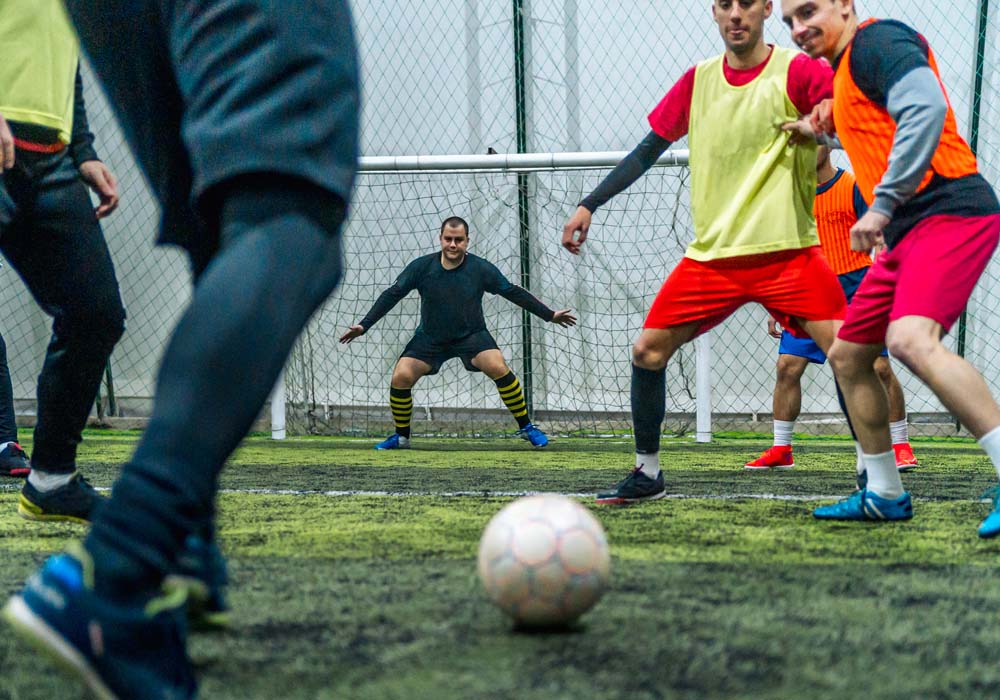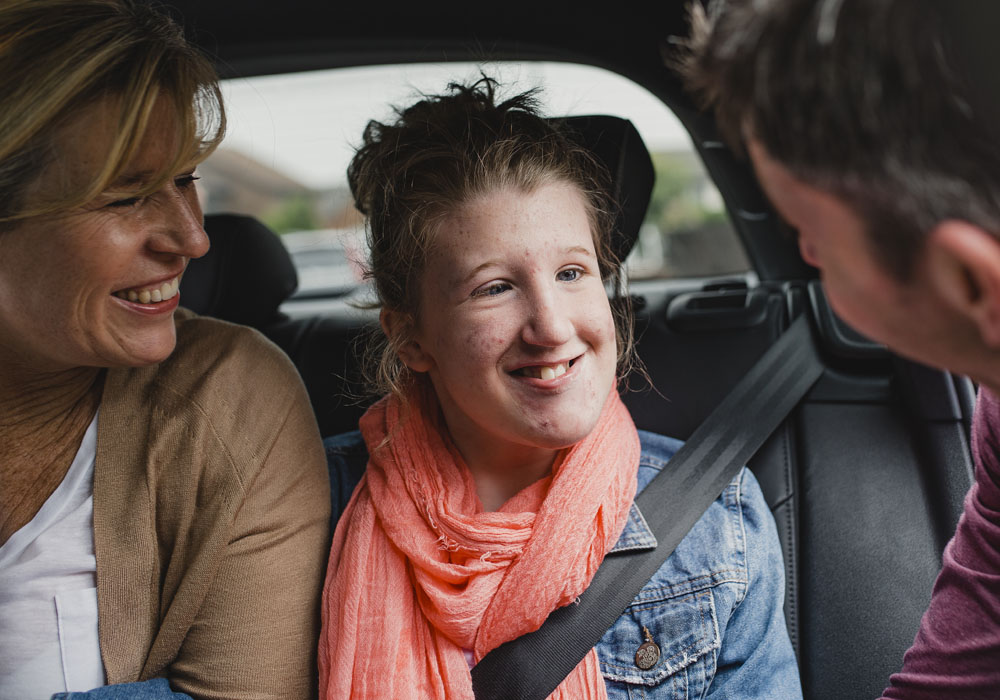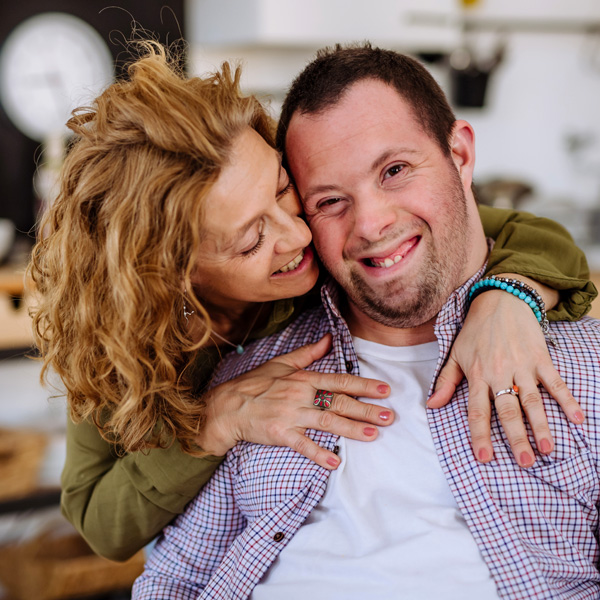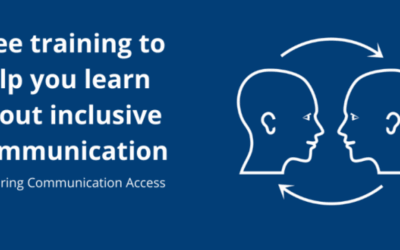Welcome to Aspire Support
We support adults with learning disabilities and autism in Cornwall. Our mission is for people to remain near their families and in their own homes. Learn MoreDo you have a family member in need of support?
Then we will be very happy to discuss with you how we may be able to help.

We provide a person-led service
At Aspire Support, we understand that no one’s journey is identical, and therefore design teams around individuals to reflect their needs and preferences, the support they already have and the communities they live in. This means each service is unique to that person.
We work with adults with a learning disability and/or autism, in their own homes, across Cornwall and over the border into Plymouth. We support people who may have experienced a number of failed providers in the past or have been in, or have been at risk of, a hospital admission associated with periods of risk and distress.
The people we support are often (rightly) fearful of more change and may have had some traumatic experiences. Building relationships with the individuals who care for them can take time and the process of recovery is often slow and gentle.
We offer three broad services
Outreach
Supporting people to get out and do the things they enjoy, keeps them active and enables them to engage in social activties with the people important to them.
Supporting families
Supporting families by making living together at home easier, safer and more manageable.
Our approach
Positive Behavior Support
Positive Behavior Support (PBS) is an evidence-based framework designed to understand and address challenging behaviors by considering a wide range of factors that influence behavior.
This holistic approach is built on the principles of applied behaviour analysis and emphasises proactive, educational, and functional strategies to promote positive behaviour and improve the quality of life.
News
We adopted a donkey!
We received this beautiful email from one of the people we support. Ofcourse we are sharing this with consent.
Communication Access Symbol UK
Aspire Support Ltd has been awarded 'Communication Access Symbol UK' status, which shows how we are an inclusive communication organisation. You'll notice the symbol is now featured on our website. For more info about Communication Access UK...






